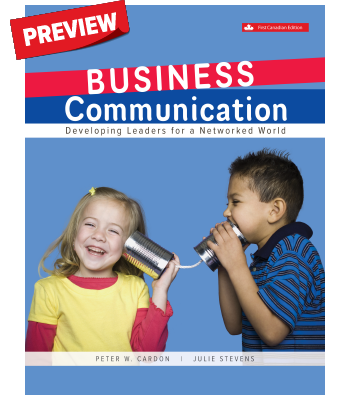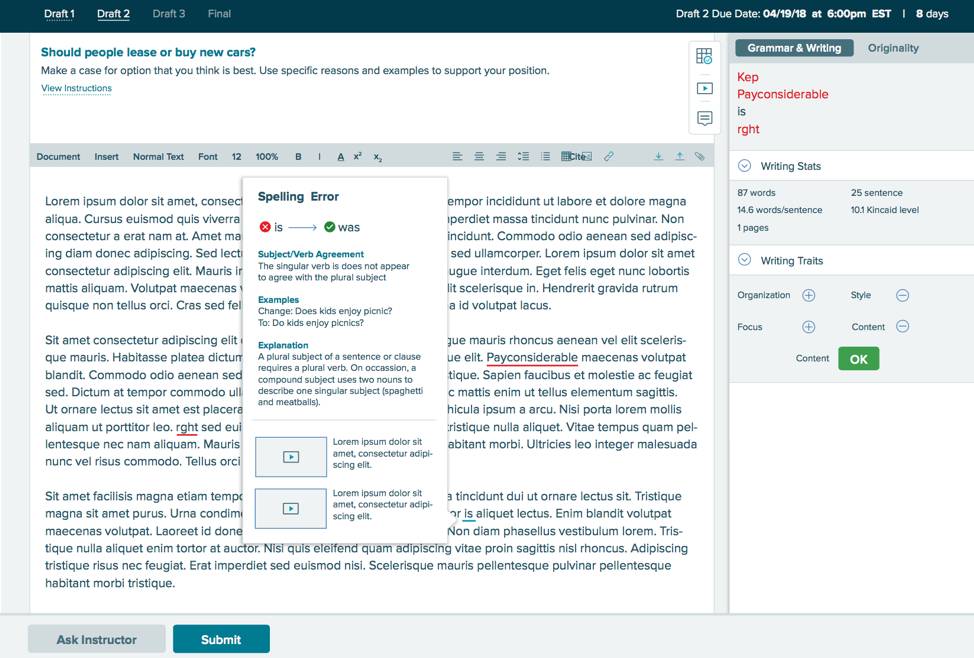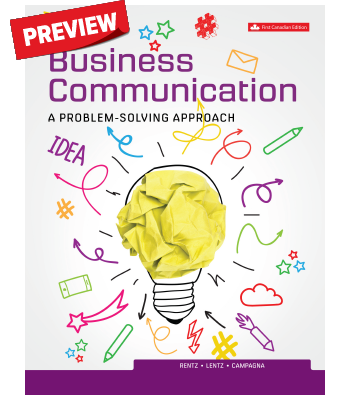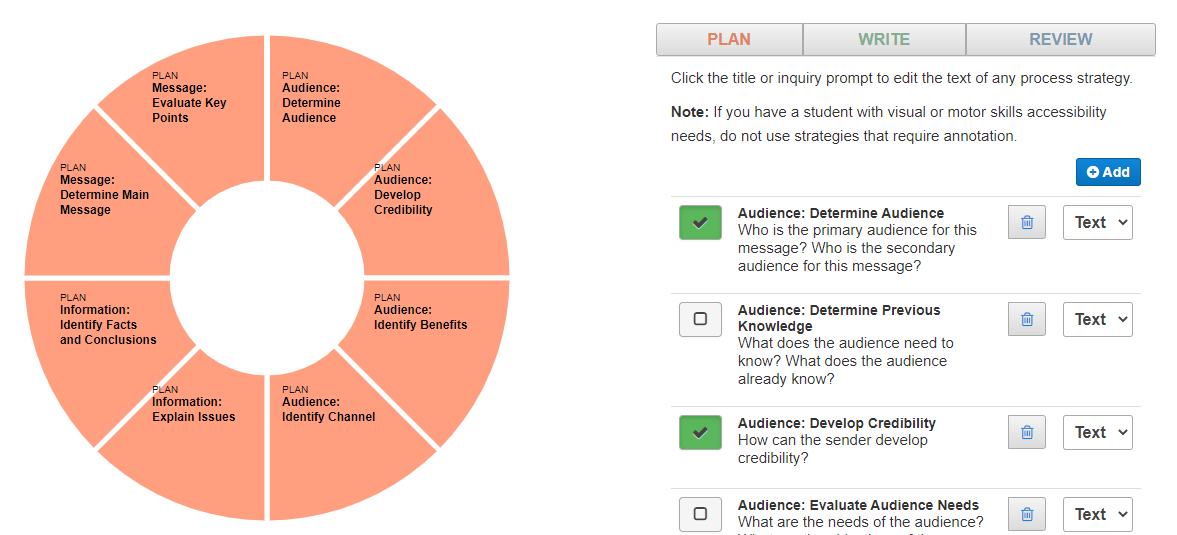Available Now
Cardon, 1ce
Designed with a Business Focus
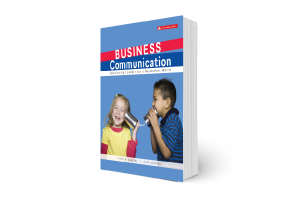

Business Communication: Developing Leaders for a Networked World
Business Communication: Developing Leaders for a Networked World
To prepare students for today’s business environment, Cardon includes extensive coverage of communication with digital media and technologies, as well as a chapter devoted to Global Communication and Diversity. Canadian examples and perspectives are also featured throughout.
Rentz, 1ce
Spotlight on Writing & Grammar
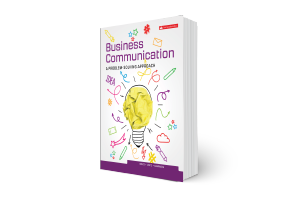

Business Communication: A Problem-Solving Approach
Business Communication:
A Problem-Solving Approach
Rentz places a strong emphasis on written communication and grammar. Extensive samples and examples are included for students to explore. Plus, rich Canadian content and real-world scenarios are weaved throughout. The result is a resource that will help students become clear communicators and problem-solvers.
Overview
Cardon, Business Communication: Developing Leaders for a Networked World First Canadian Edition is an exciting new resource designed to develop students into business professionals. Credibility is the central theme of this resource, emphasizing why credibility and trust are important for effective communication. This theme is incorporated throughout every chapter and is brought to life though a case-based approach. Using actual business cases, students will engage with real-life examples to better understand why communication is an essential skill.
Table of Contents
Part 1 - Introduction to Business Communication
Chapter 1 Establishing Credibility
Part 2 - Principles of Interpersonal Communication
Chapter 2 Interpersonal Communication and Emotional Intelligence
Chapter 3 Team Communication and Difficult Conversations
Chapter 4 Global Communication and Diversity
Part 3 - Principles for Business Messages
Chapter 5 Creating Effective Business Messages
Chapter 6 Improving Readability with Style and Design
Chapter 7 Email and Other Traditional Tools for Business Communication
Chapter 8 Social Media for Business Communication
Part 4 - Types of Business Messages
Chapter 9 Routine Business Messages
Chapter 10 Persuasive Messages
Chapter 11 Bad-News Messages
Part 5 - Reports and Presentations
Chapter 12 Research and Business Proposals and Planning for Business Reports
Chapter 13 Completing Business Proposals and Business Reports
Chapter 14 Planning Presentations
Chapter 15 Delivering Presentations
Chapter 16 Employment Communications
Appendices
Appendix A Formatting for Letters and Memos
Appendix B Creating Proposals and Business Plans
Chapter Sources
Index
Bonus Content (Available only in the eBook within McGraw Hill Connect®.)
Bonus Chapter Crisis Communications and Public Relations Messages
Bonus Appendix Punctuation, Number Usage, and Grammar
An Innovative Authoring Process
We believe that learning changes everything, which is why we developed this Business Communication resource with innovation and collaboration in mind.


Written in a cloud-based platform
A group of Business Communication instructors across Canada were invited to the cloud-based platform to review the resource during the authoring process




Every chapter was reviewed by Canadian Business Communication instructors in real-time during authoring
Our author was able to edit and modify content based on suggestions from their peers




The result is an exciting resource that’s unique, engaging, and designed exclusively for Canadian instructors and students
What's Inside: Cardon, First Canadian Edition
Purchase Options


Connect


Connect + Print Text


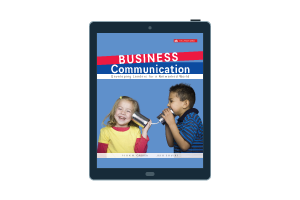

eBook
Available Now
About the Author


Julie A. Stevens
Julie A. Stevens, PhD, is an Associate Professor in the Department of Sport Management and Director of the Centre for Sport Capacity at Brock University. Julie is currently serving as the Special Advisor to the President - Canada Games and leads all academic collaborations between Brock University and the Niagara 2022 Canada Summer Games Host Society. She works with colleagues on campus and partners in the community to support innovative initiatives that connect teaching and learning, research, and community engagement with the 2022 Games in the Niagara Region.
During the past twenty years she has taught several graduate and undergraduate management courses related to business communication, organization theory, policy, change and innovation, governance, and organizational analysis within commercial, non-profit, and public sectors. She developed and introduced the Department of Sport Management professional engagement course to support student fundamental, personal management, and teamwork skill development for work-integrated learning. She was the first in the department to deliver an online and hybrid course, and has implemented several unique experiential education components in her courses, such as the Sport Management Professional Development Conference.
Julie holds Instructional Skills Workshop certification and has served on various teaching and learning committees. Her teaching philosophy, which emphasizes critical commentary and active learner engagement, is enacted through a diverse range of practices within face-to-face, hybrid, and fully online forums. Drawing upon her background as a Research Fellow with the North American Society for Sport Management, she integrates current affairs and scholarship to provide relevant, problem-based learning opportunities for students.
Overview
The First Canadian Edition of Rentz, Business Communication: A Problem-Solving Approach is designed to prepare students for the workplace. Following a unique problem-solving approach, Rentz focuses on three core concepts: clear communication, visual rhetoric, and critical thinking. Students are introduced to tasks they’re likely to face on the job, such as managing customer relations and crafting company policies, then presented with the principles and tools they’ll need to execute and succeed.
Table of Contents
Chapter 1 Communicating in the Workplace
Chapter 2 Writing Effectively for Your Audience, Purpose, and Medium
Chapter 3 Designing Documents with Visual Appeal
Chapter 4 Communicating with Visuals
Chapter 5 Crafting Effective Sentences and Paragraphs
Chapter 6 Building Positive Relationships through Communication
Chapter 7 Communicating across Cultures
Chapter 8 Writing Good-News and Neutral Messages
Chapter 9 Writing Bad-News Messages
Chapter 10 Writing Persuasive Messages and Proposals
Chapter 11 Researching and Writing Reports
Chapter 12 Creating the Right Type of Report
Chapter 13 Delivering Business Presentations and Speeches
Chapter 14 Putting Interpersonal Communication Skills to Work in Conversations and Meetings
Chapter 15 Communicating in the Job Search
Reference Chapters
A. Correctness of Communication
B. Documentation of Sources
Chapter Sources
Index
An Innovative Authoring Process
We believe that learning changes everything, which is why we developed this Business Communication resource with innovation and collaboration in mind.


Written in a cloud-based platform
A group of Business Communication instructors across Canada were invited to the cloud-based platform to review the resource during the authoring process




Every chapter was reviewed by Canadian Business Communication instructors in real-time during authoring
Our author was able to edit and modify content based on suggestions from their peers




The result is an exciting resource that’s unique, engaging, and designed exclusively for Canadian instructors and students
What's Inside: Rentz, First Canadian Edition
A Message from the Author: Dax Urbszat
Purchase Options


Connect


Connect + Print Text


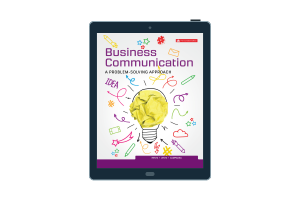

eBook
Available Now
About the Author


Marco Campagna
Marco Campagna is a Professor of Business Communications and Coordinator of English and General Education electives in the School of Business at Algonquin College. His first experience with teaching came during an introductory literature course in 2006 while pursuing an undergraduate degree in English Literature at the University of Ottawa. His dedication to teaching grew during his graduate studies at Memorial University of Newfoundland. His career at Algonquin College started in 2009 where he teaches Communications I, Communications II, Communication Dynamics, English Fundamentals, Art of Oratory, and The Science of Play.
Professor Campagna is an active faculty member in the School of Business at the college. For many years he was part of the General Education Committee, and he remains closely involved in all things related to General Education. He wrote a popular General Education course, and he is responsible for ensuring the quality and consistency of a number of communications courses in the School of Business. Finally, he worked on a semester-long initiative that ended in the recommendation and adoption of a new business communications textbook for the School of Business.
Marco is passionate about teaching, and this is in large part because he enjoys helping students reach their potential. To this end, he attends numerous professional development seminars and conferences to keep current and to search for student engagement ideas and new pedagogical theories.

